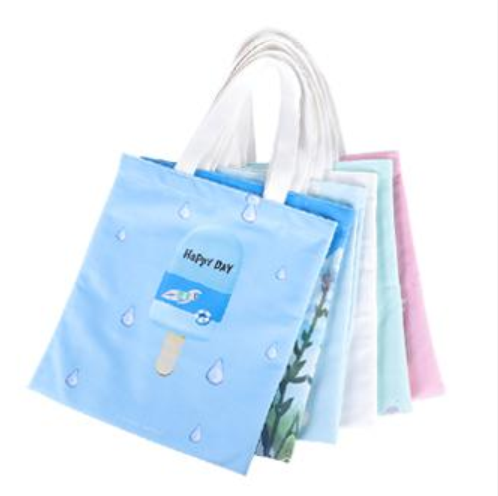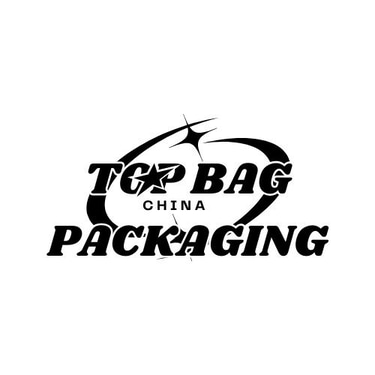Understanding Food-Grade vs. Standard Bags: A Compliance Guide for Grocery and Pharma Wholesalers
4/26/20251 min read


Introduction to Bag Compliance
For grocery and pharmaceutical wholesalers, the compliance of packaging materials is critical. Among the various options, food-grade and standard bags are essential considerations. Understanding the differences can influence both safety and regulatory compliance in the supply chain.
The Importance of Food-Grade Bags
Food-grade bags are specifically designed to come into contact with consumables safely. They are manufactured from materials that do not leach harmful substances, making them suitable for storing food products without posing health risks. One of the primary regulatory standards for food-grade packaging is the approval from the Food and Drug Administration (FDA) in the United States. Wholesalers must ensure that any packaging used for food items adheres to these regulations to guarantee safety and compliance.
Comparing Standard Bags to Food-Grade Alternatives
Standard bags, on the other hand, are generally made from materials that might not meet the same stringent safety standards required for food-grade bags. These bags can be used for a broad range of purposes, such as carrying non-food items or supplies. However, when used in the food market or for pharmaceutical applications, the risk of contamination increases significantly. In such cases, wholesalers need to validate that standard bags have been treated or processed in a way that meets applicable health regulations.
Conclusion: Choosing the Right Packaging
In summary, grocery and pharmaceutical wholesalers must choose between food-grade and standard bags based on the intended use. Compliance with health and safety standards is non-negotiable, especially when it pertains to food and pharmacy products. Awareness of the regulations governing each type of bag is vital in preventing possible health hazards and legal issues. By selecting appropriate materials, wholesalers can ensure the safety of their products and maintain compliance with industry standards.
